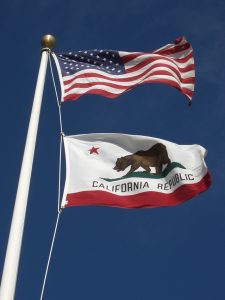When one police officer had the courage to speak out against alleged acts of sexual harassment in her  precinct, she claims she was the one who was investigated, according to a BuzzFeed News report. Her story is one that would almost be too wild to be true if we hadn’t witnessed this type of behavior in so many other institutions, businesses, and places of work. The officer said she was new to the New York Police Department when she started getting a lot of friendly attention from one of the higher ranking officers. Friendliness allegedly escalated to unwanted touching and then propositions. For five years, she claimed she endured the behavior, telling anyone in her chain of command she felt safe enough talking to, hoping for change that never came. She said she felt trapped, knowing how aggressively police officers reacted when outsiders are brought in to investigate one of their own. Eventually she cracked and sought help form the department’s Office of Equal Employment Opportunity, at which point she alleged a very creative form of retaliation began.
precinct, she claims she was the one who was investigated, according to a BuzzFeed News report. Her story is one that would almost be too wild to be true if we hadn’t witnessed this type of behavior in so many other institutions, businesses, and places of work. The officer said she was new to the New York Police Department when she started getting a lot of friendly attention from one of the higher ranking officers. Friendliness allegedly escalated to unwanted touching and then propositions. For five years, she claimed she endured the behavior, telling anyone in her chain of command she felt safe enough talking to, hoping for change that never came. She said she felt trapped, knowing how aggressively police officers reacted when outsiders are brought in to investigate one of their own. Eventually she cracked and sought help form the department’s Office of Equal Employment Opportunity, at which point she alleged a very creative form of retaliation began.
The officer said shortly after filing her complaint, she was under investigation for alleged alcohol abuse and ordered to complete a treatment program. She took this accusation to be a direct threat, considering she described her own alcohol use as minimal with only a few drinks a year and a clean record with no complaints. Fighting the accusations only seemed to get her in more trouble though, as she said she was suspended when she refused to complete the program and lost a month of pay. Meanwhile, the officer she accused of harassment was docked 10 vacation days for years of alleged abuse toward her. Continue Reading ›
 Orange County Employment Lawyers Blog
Orange County Employment Lawyers Blog

















